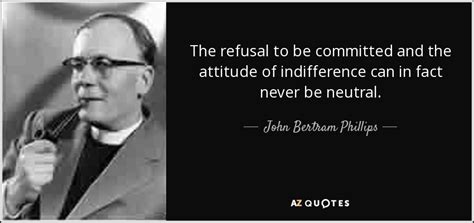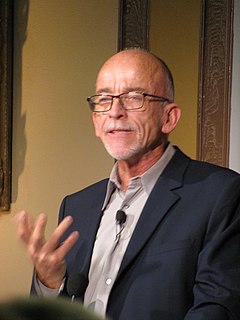A Quote by Thomas Carlyle
Poetry is the attempt which man makes to render his existence harmonious.
Related Quotes
Since nothing can exist that does not fulfil the conditions which render its existence possible, the different parts each being must be co-ordinated in such a way as to render possible the existence of the being as a whole, not only in itself, but also in its relations with other beings, and the analysis of these conditions often leads to general laws which are as certain as those which are derived from calculation or from experiment.
If we have dwelled on Godel's work at some length, is it because we see it in the mathematical analogy of what we would call the the ultimate paradox of man's existence. Man is ultimately subject and object of his quest. While the question whether the mind can be considered to be anything like a formalized system, as defined in the preceding paragraph, is probably unanswerable, his quest for an understanding of the meaning of his existence is an attempt at formalization.
Sometimes he would advise me to read poetry, and would send me in his letters quantities of verses and whole poems, which he wrote from memory. 'Read poetry,' he wrote: 'poetry makes men better.' How often, in my later life, I realized the truth of this remark of his! Read poetry: it makes men better.
Modern man lives isolated in his artificial environment, not because the artificial is evil as such, but because of his lack of comprehension of the forces which make it work- of the principles which relate his gadgets to the forces of nature, to the universal order. It is not central heating which makes his existence 'unnatural,' but his refusal to take an interest in the principles behind it. By being entirely dependent on science, yet closing his mind to it, he leads the life of an urban barbarian.
With my work I attempt to help man to overcome his alienation; I do this by surrounding his daily life with objects, which confront him in a tactile way with the final and deepest problems of our existence. I want the means that I employ to create the necessary stimulus to be as direct as possible. Instead of giving a sermon on humility, I often prefer to depict humility itself.
All other great men are valued for their lives; He, above all, for His death, around which mercy and truth, righteousness and peace, God and man are reconciled; for the cross is the magnet which sends the electric current through the telegraph between earth and heaven, and makes both Testaments thrill, through the ages of the past and future, with living, harmonious, and saving truth.
The disappointed man turns his thoughts toward a state of existence where his wiser desires may be fixed with the certainty of faith; the successful man feels that the objects which he has ardently pursued fail to satisfy the cravings of an immortal spirit; the wicked man turneth away from his wickedness, that he may save his soul alive.









































